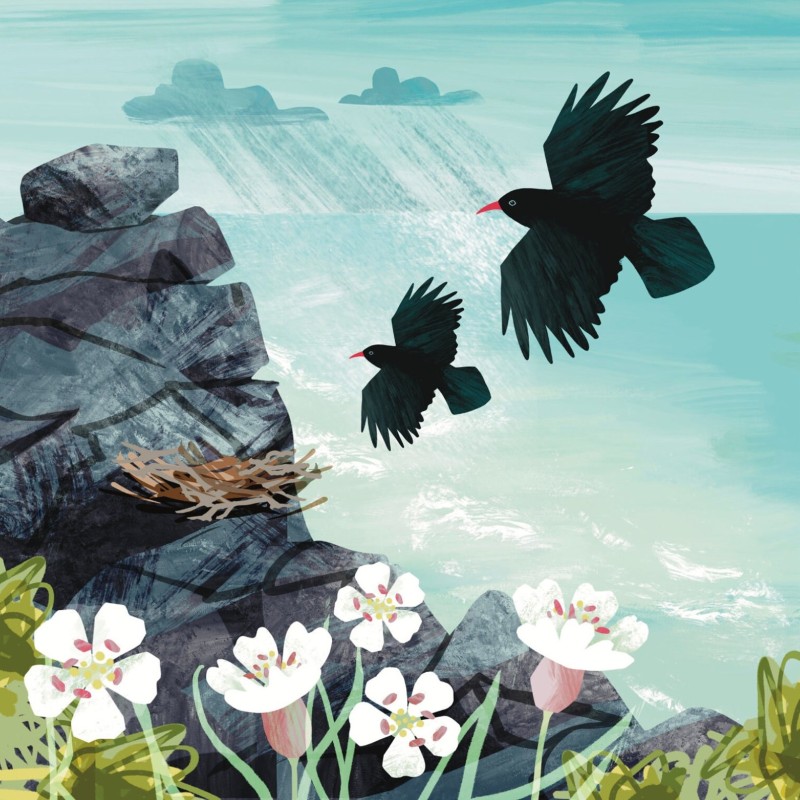Spoonbills (with spatula-shaped bills!)

Spoonbills are named after their spatula-shaped bills. They may look bizarre, but their bills can sift through wate and mud, to scoop and filter food (to find tasty treats like beetles, small fish and tadpoles).
Keep at least 50 metres away from wading birds, as flying away wastes energy that could be used for feeding (they need more space at high tide). Keep dogs away, as disturbing nests could cause birds to abandon chicks. Read more on keeping dogs safe at the seaside.
They were once thought to be extinct, but numbers have recovered, and now mostly found on the north Norfolk coast.
Spoonbills are found worldwide, from the icy coasts of Siberia to the lush wetlands of Africa. Some spoonbills migrate vast differences to find suitable habitats for each season. The Spoon-Billed Sandpiper is near extinction, due to habitat loss, climate change and human actions.
Restoring our wetlands is the best way to help wading birds, as it provides natural food and habitat. In recent years, many wetlands have been lost to farming and building, so birds lose their nesting and feeding grounds.
Other issues are water pollution, raw sewage and climate change which changes weather patterns). So support small organic farmers that protect wildlife corridors, and avoid companies that use pesticide, that kill the creatures that wetland birds feed on.






